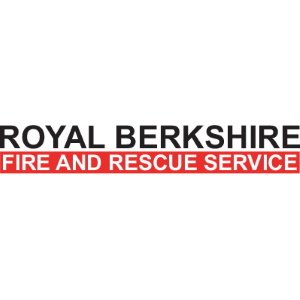In March 2021, the Royal Berkshire Fire and Rescue Service (RBFRS) is asking residents to test their smoke alarms regularly and make it a part of their weekly routine, in support of the National Fire Chiefs Council’s (NFCC) month-long campaign.
Smoke alarms are important for everyone’s safety and they can give those few extra seconds for people in distress to escape, in the event of a fire.
Importance of smoke alarms in homes
Statistics show that smoke alarms alerted households to a fire in England, in only 45% of cases
However, statistics show that smoke alarms alerted households to a fire in England, in only 45% of cases and the most common reason a smoke alarm failed to activate was because the fire was outside of its range. In light of this, the Royal Berkshire Fire and Rescue Service is asking that residents ensure that they install at least one smoke alarm, on every level of their home.
Despite the majority of homes (91%) in the United Kingdom having at least one working smoke alarm installed, most people are not aware that their alarm might need replacing.
Check and replace old, outdated alarms
Gail Muirhead, the West Hub Prevention Manager, at the Royal Berkshire Fire and Rescue Service (RBFRS), said “Smoke alarms can offer vital protection for you and your loved ones, but most people simply fit and forget - they don’t know if it might be coming to the end of its lifespan or not working at all.”
Gail Muirhead adds, “For most of us, there is nothing more important than keeping our loved ones safe and secure. So, if your smoke alarm is getting past its best or your top floor is missing an alarm of its own, fit new ones, test them at least once a week and protect you and your loved ones.”
To keep everyone in the household safe, the RBFRS urges people to read through and follow their advice, which states:
- Make sure there is at least one smoke alarm on every level of the home
- Test the smoke alarms by pushing the button every week
- Check the type of alarms installed in the house and change the batteries when needed (this could be every year or every 10 years)
- Fit smoke alarms in the right place, including on landings, hallways and near bedrooms. Also consider fitting them in rooms, which have electrical appliances, such as a heater, electrical charger, or any other device that might be a fire risk
- Take a moment to check on loved ones, who may require assistance to ensure they’re fully protected
















